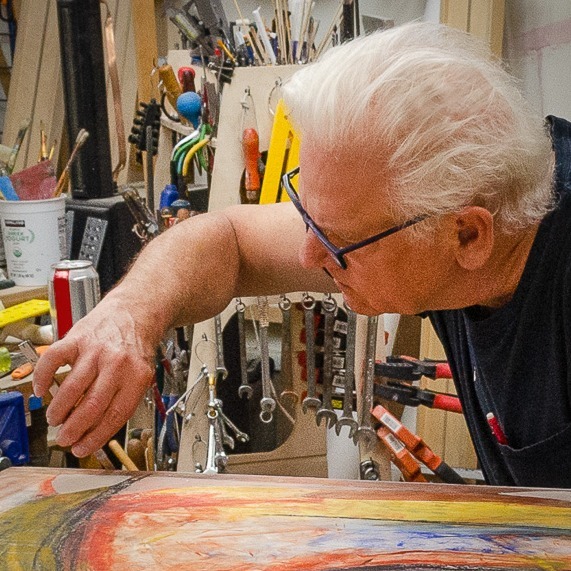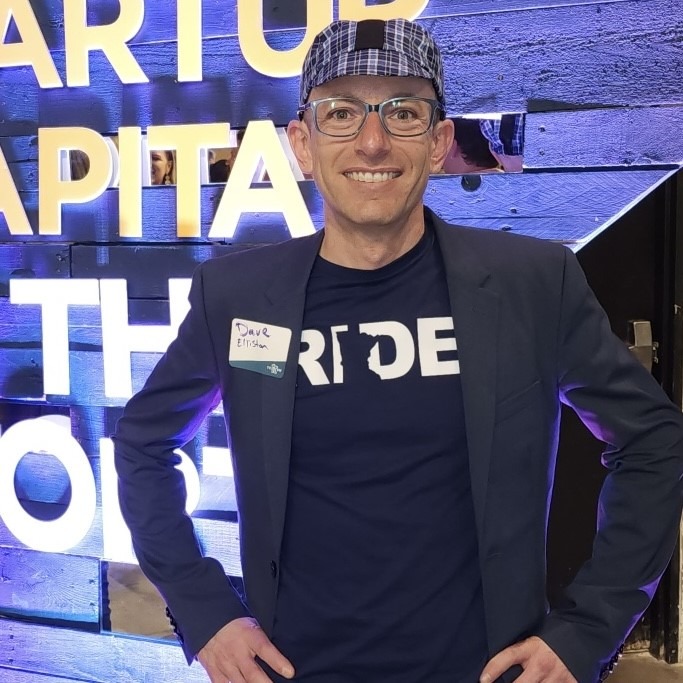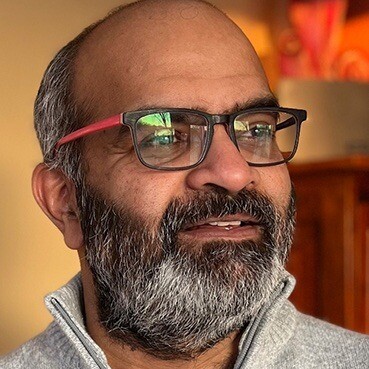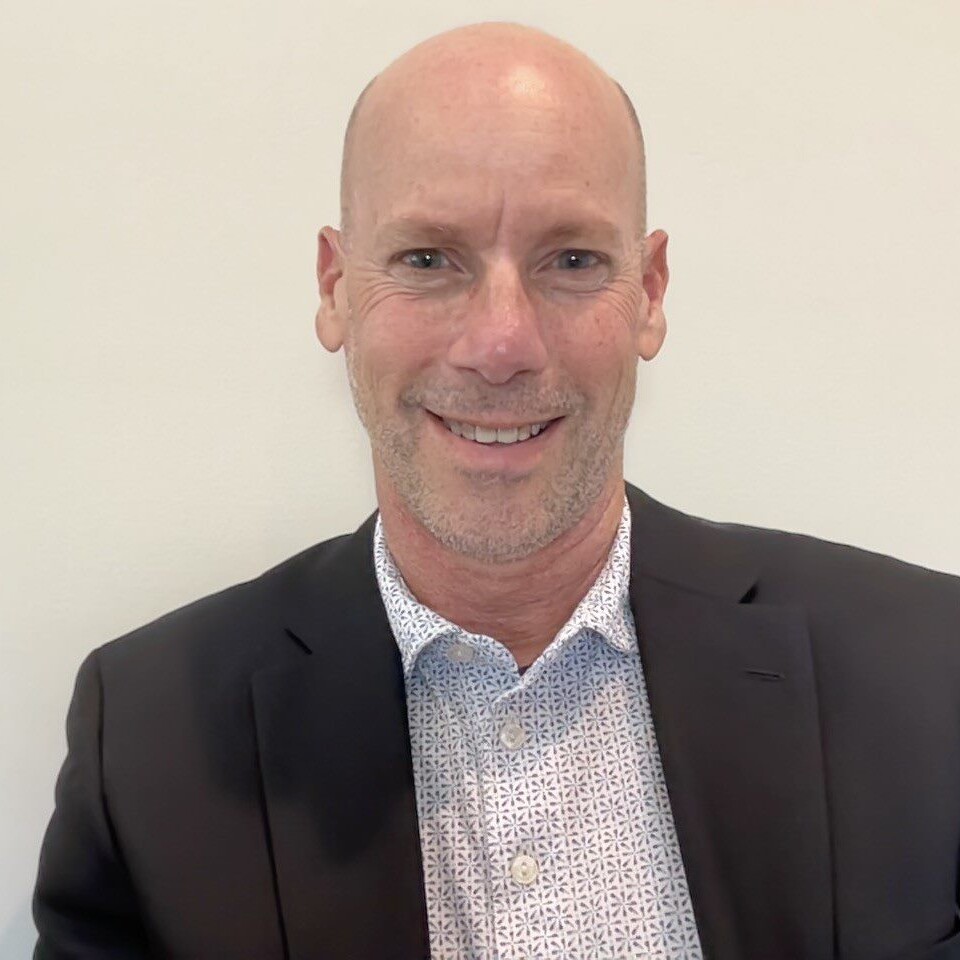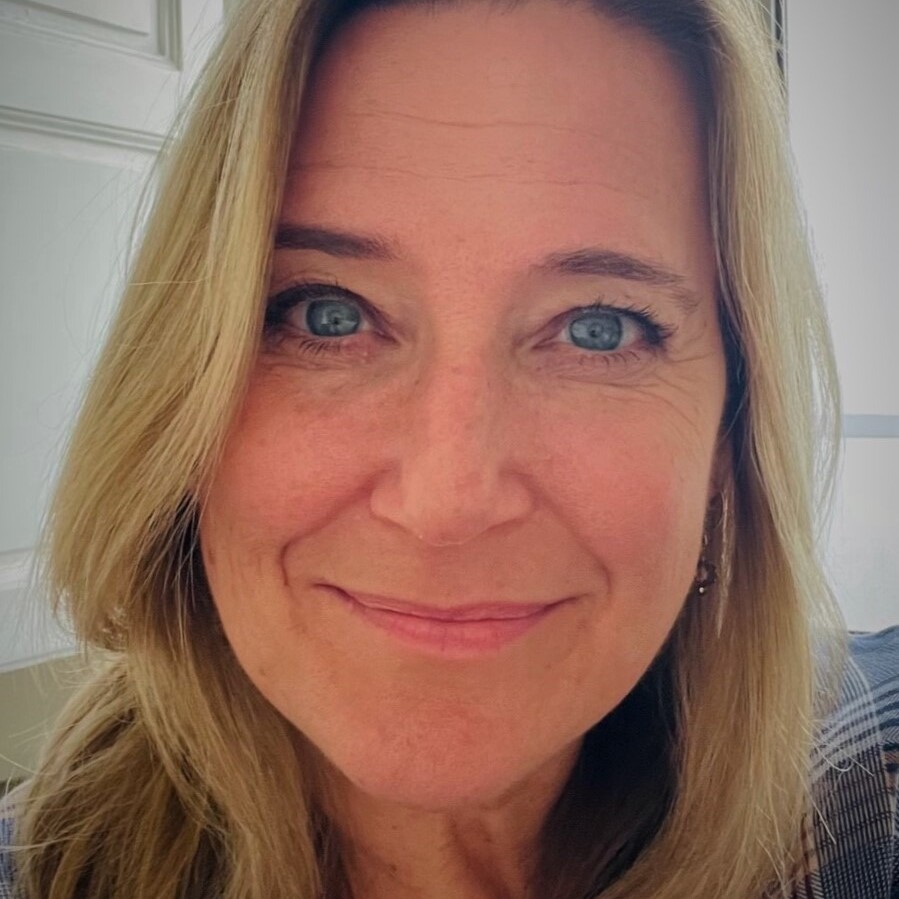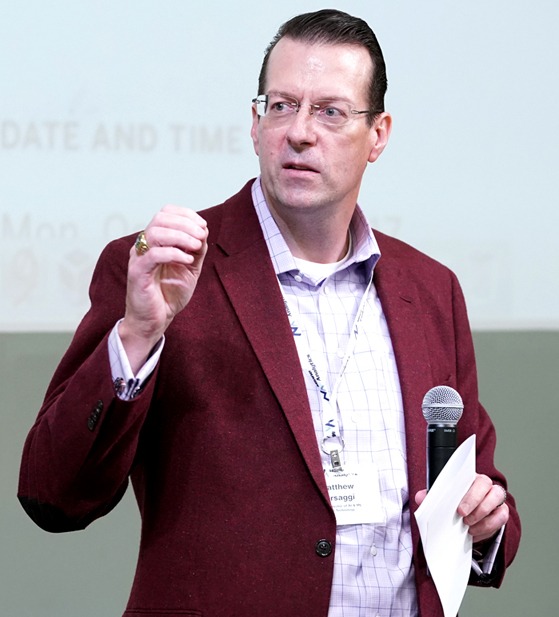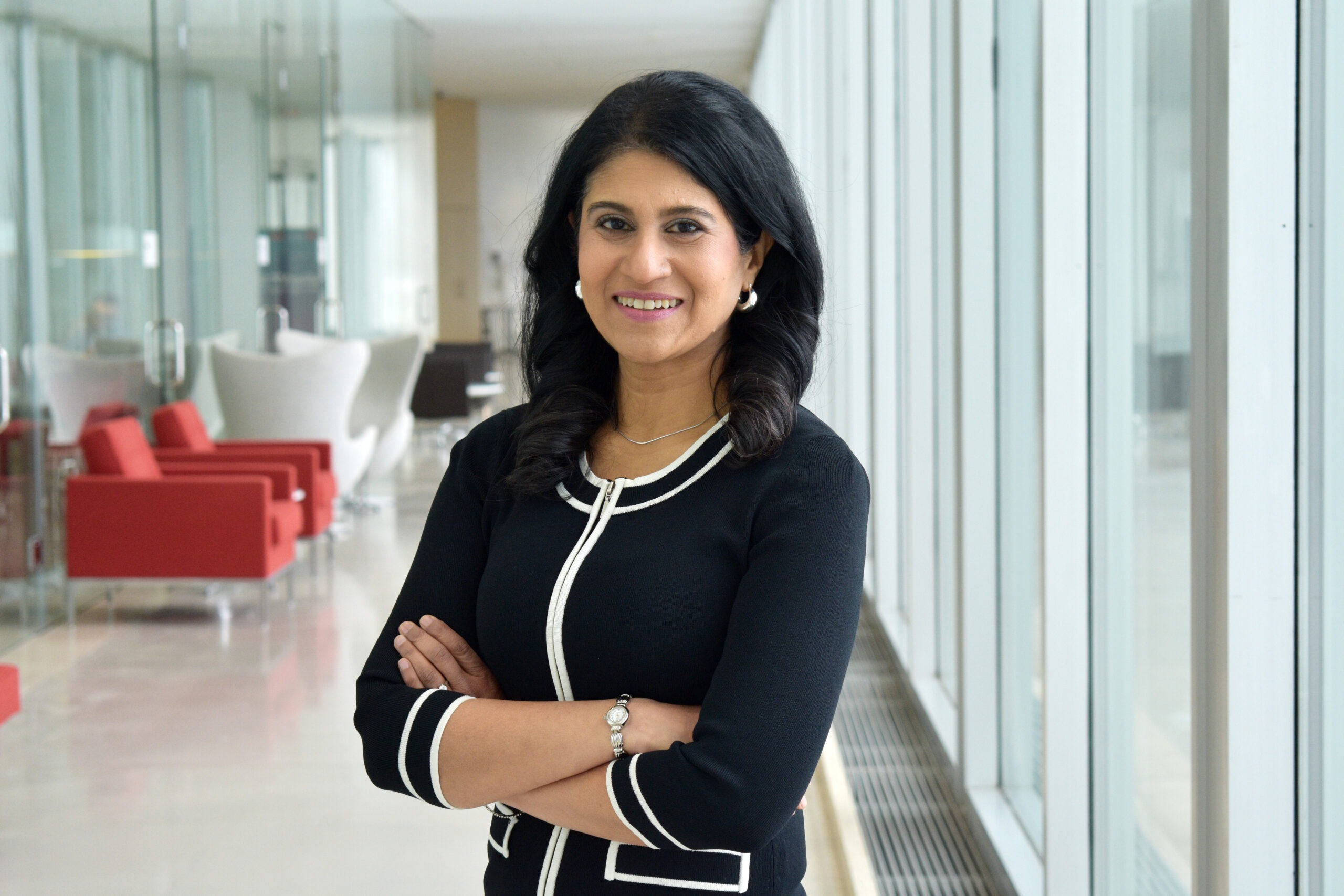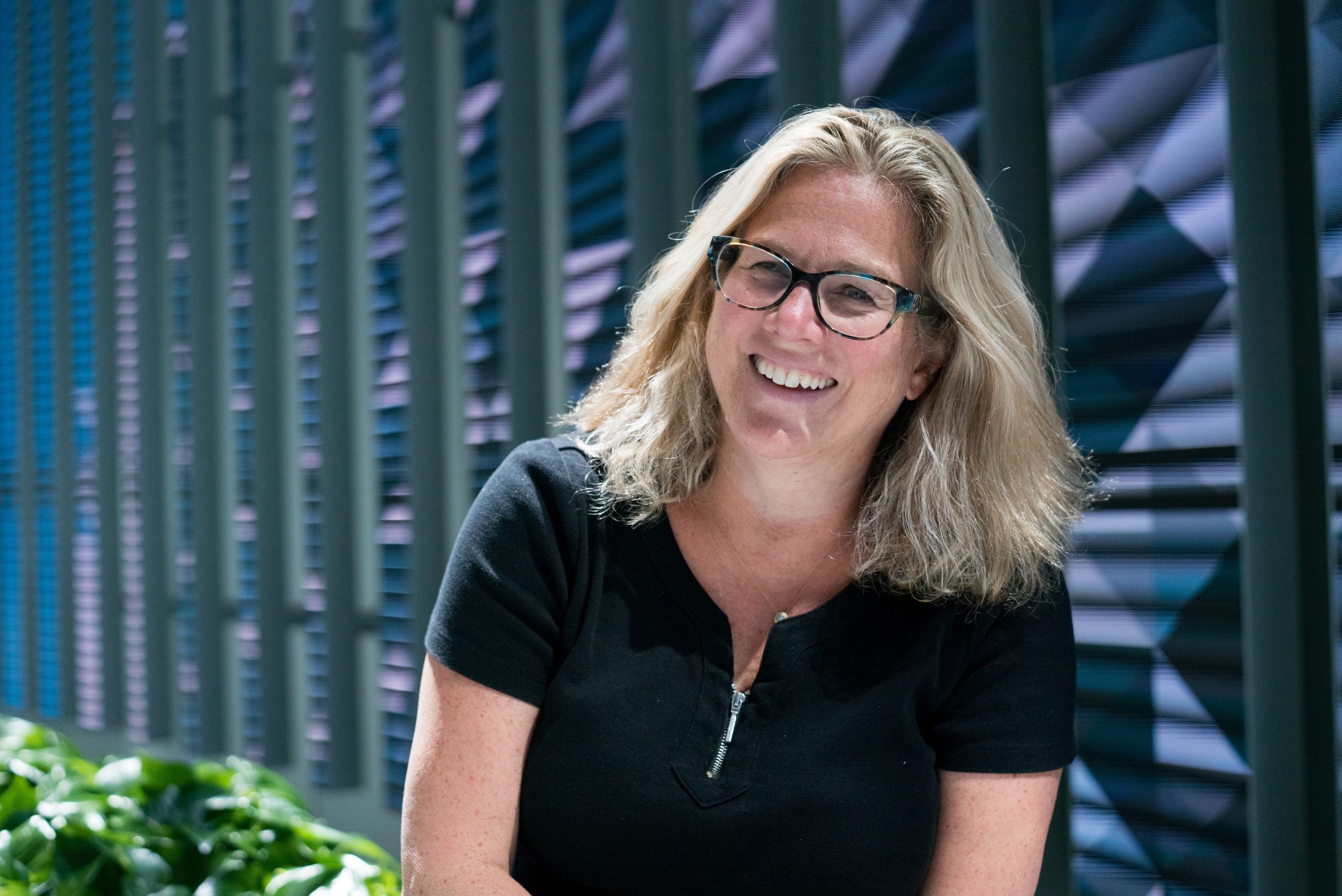Several early adopters of artificial intelligence gathered in late October to share, learn and contrast the impact of machine learning on their operations. The two-day Focused Benchmarking Experience event brought together data engineers, data scientists and software engineers from Boston Scientific, Entrust Datacard, Honeywell, Polaris, Seagate and Thermo King. Despite differences between their businesses, they discovered many common experiences about how to apply artificial intelligence (AI) and machine learning (ML) to derive value.
The event, hosted by Seagate and co-sponsored by technology provider Savigent, in partnership with the Minnesota High Tech Association (MHTA), was the brainchild of Sthitie Bom, Seagate’s Director of Global Wafer Systems. “The goal was to share machine learning benchmarks to help participants gauge current efforts of AI integration in manufacturing and understand their progress against non-competing manufacturers,” said Ms. Bom. “We all want to learn better ways to lead our organizations through this transformational time while delivering on business strategies and outcomes.”
The participating companies were selected based on hands-on experience implementing AI and ML. One participant shared, “It was amazing to participate with experts who share the same passion for what we do, and to recognize that we are key players in the growth of AI in manufacturing.”
According to one data scientist, “This topic doesn’t get a lot of focus in most analytics conferences. These discussions were refreshing, stimulating and compelling.” Another commented that her team can attend conferences or read about other people’s experiences, but “this was a chance to go deep and discuss with other practitioners the challenges that come with the successes.”
Breakout sessions covered several top challenges in the development of AI and ML including governance, success metrics, model assessment, domain knowledge, standardization and proof of concept deployment timelines.
“I was quite surprised by the similarities between us,” said one practitioner. “While each group has unique challenges due to industry differences, the ideas from which those challenges present themselves are nearly identical.”
Technology challenges also were part of the discussion. For example, the lack of off-the-shelf software requires the development of custom apps and in some cases, the utilization of next generation development platforms that interplay with existing systems.
“None of our AI projects are greenfield,” said Ms. Bom. “Legacy and home-grown systems are the realities of our environments and new algorithms must learn how to play well in this vast, well-established ecosystem. This is why systems-thinking is so critical to success.”
Democratizing and moving data to all areas of the organization is a continual goal and common theme. Issues surrounding false positive management, self-service validation and scalability were among the topics raised.
Non-technology concerns were pivotal to the conversation. Bringing together domain experts, user groups and management throughout the implementation process drew unanimous consensus. As part of the ‘user & management buy-in’ debrief, participants agreed that a successful deployment requires stakeholders to have a greater sense of ownership in the process and outcomes. Educating internal Ops, IT and business teams plays a key role in defining success and prioritizing thresholds, trade-offs and business impact. One opinion found agreement across the table. “Those outside the field think AI is somehow magic, but we know it’s really hard. The challenge is to show value to our operations in order to get buy-in and funding so we can move up the curve.”
The Focused Benchmarking Experience encouraged a sense of mutual support and success. One evaluator surmised that “seeing how other companies have solved or are solving the same problems we face has given us a roadmap on how to proceed with our own work. And in various ways, I believe we provided the same to others.”
Convinced by the event’s success, MHTA has selected Ms. Bom to lead its newest community, AI in Manufacturing (AIM) comprising practitioners who have implemented AI in a production environment. More information about this exciting program’s vision to drive AI innovation in Minnesota manufacturing is coming in January.
“The practitioner in this field has to be a pioneer, a scientist and an engineer,” said Ms. Bom. “Artificial intelligence and machine learning are igniting the fourth industrial revolution and already impacting efficiency, quality and profitability … yet, we’ve only scratched the surface in what’s possible.”
For questions, please contact
Mary Batzel
Savigent Director of Marketing
Mary.Batzel@Savigent.com
952-221-6801



